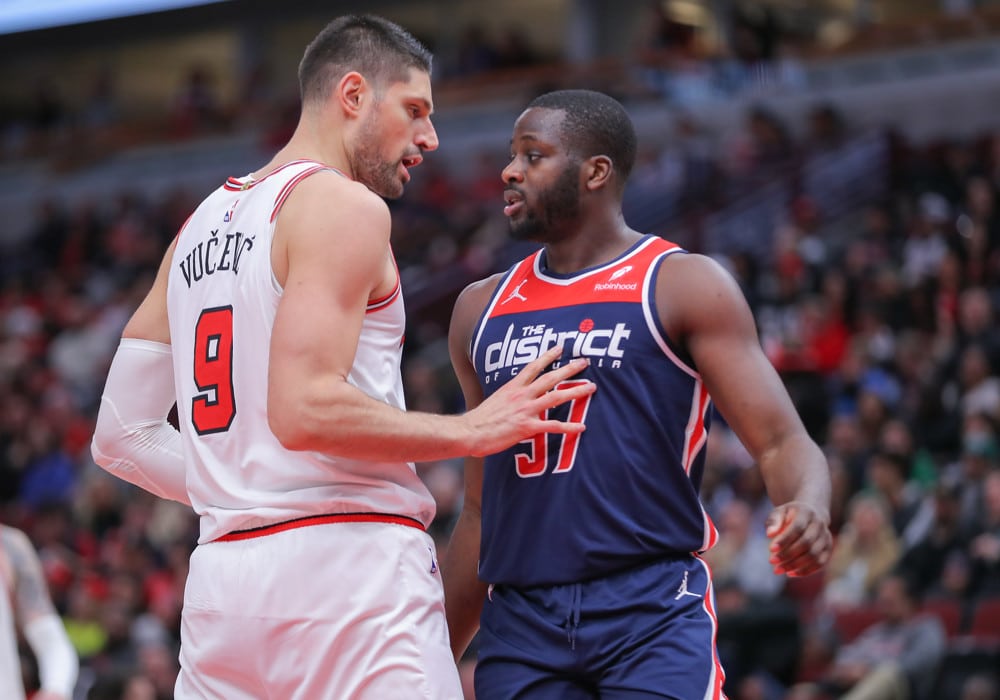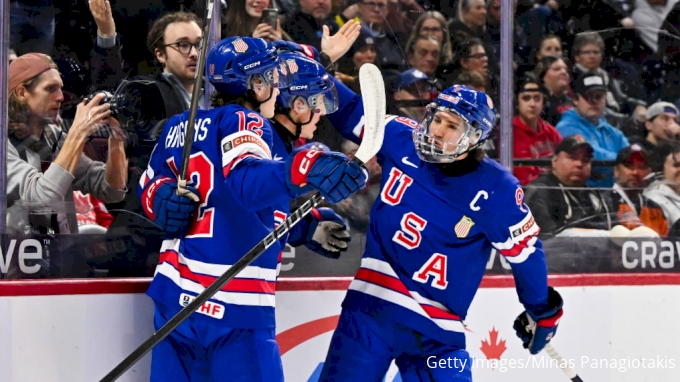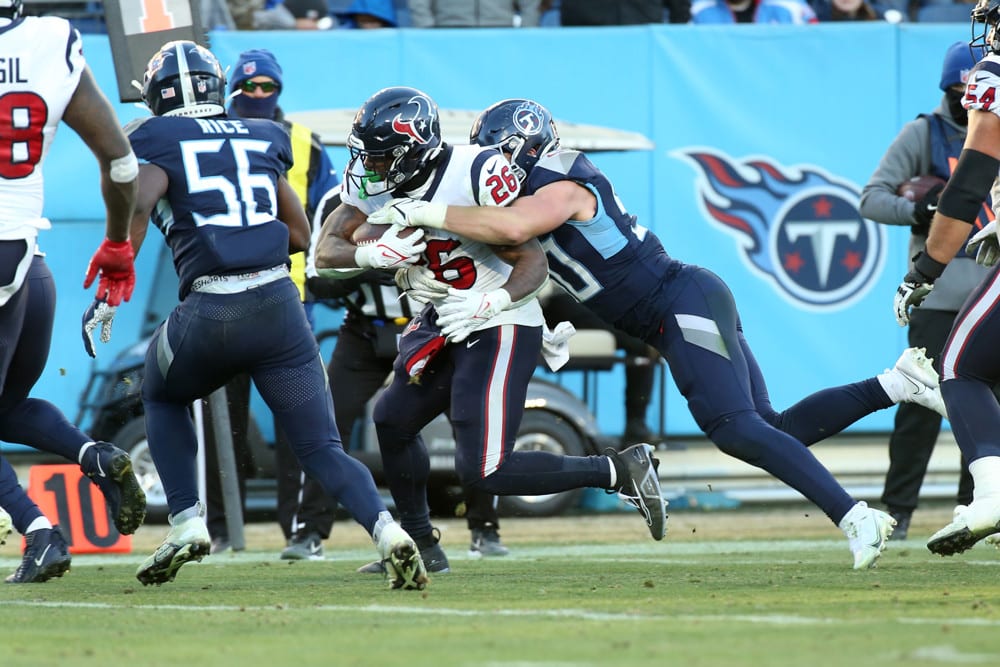Gambling
Golf’s new gambling trend? Risking BIG money — to win just a little

A golf fan calls out a bet while Collin Morikawa stands over a putt at the BMW Championship.
Getty Images
A few days from now, Matt Fitzpatrick will finish out his final round at the Sentry, and one bettor will either be very annoyed or mildly pleased with the result. That’s because that bettor has wagered $9,791 that Fitz will not win the tournament this weekend in Hawaii.
Welcome to the world of “no” bets, playground of big-money golf gamblers. With the right platform, and the right bankroll, bettors can bet on specific golfers to not win, earning back morsels of winnings against odds that lean heavily in their direction. And with the golf season starting anew this week, those bets are back once again.
Thanks to the automated tracking account Sporttrade Whale Tracker, which logs every wager for $3,000 or more, it’s clear that the Sentry tournament is ripe for these bets. The following wagers have been made in the last few days:
Collin Morikawa to not win: $9,325 to earn $562
Sahith Theegala to not win: $9,573 to earn $320
Ludvig Aberg to not win: $9,474 to earn $417
Akshay Bhatia to not win: $9,750 to earn $245
Robert MacIntyre to not win: $9,800 to earn $196
Patrick Cantlay to not win: $9,500 to earn $450
Nick Dunlap to not win: $9,791 to earn $106
Sungjae Im to not win: $9,533 to earn $359
Got the gist? It’s a lot of money wagered to win a little. The trend became most popular this summer when golf bettor Rufus Peabody tweeted about losing a hefty chunk of change when Bryson DeChambeau won the U.S. Open at Pinehurst. DeChambeau’s win cost Peabody $360,000 in an exchange where he was going to earn $15,000 from any other result.
Peabody figured that DeChambeau’s chance of not winning was roughly 97%, and grabbed odds that suggested the expectation was more like 96%. We’re talking about a 1% difference, but that 1% (and even less than 1%) is what gamblers chase. That edge over time can mean a lot of money if you have the bankroll to wager hundreds of thousands of dollars.
Peabody unsurprisingly pursued similar edges during the following major, the British Open at Royal Troon, where he famously wagered $330,000 on Tiger Woods to not win. He was rewarded for that success with a whopping $1,000 prize. Combined with another seven similar wagers, Peabody bet nearly $2 million, and from those bets took home $35,000.
Was it worth it?
Absolutely, Peabody has said in various interviews. These bets can work within a gambling portfolio to bolster a bankroll. Just don’t expect to find them on typical gambling sites. DraftKings, FanDuel, ESPN Bet and others do not offer “not to win” bets. Rather, these wagers are accessible via betting exchanges, which work similarly to stock markets.
On an exchange, other bettors (or a group of bettors) make themselves available to buy, sell and trade gambling opportunities — even with automatic price triggers, much like stock markets. That’s where the beauty of golf gambling steps in, as there are often 156 players in the field of popular tournaments. That many theoretical winners makes it incredibly unlikely that any specific player will win, making it particularly attractive to make numerous “no” bets.
The hope here is to nail “no” bets at a nearly 100% clip, which gamblers often believe is more possible given golf-specific factors like weather, draw or course conditions or even pin positions that can inject (or nullify) chaos into an event, affecting its predictability accordingly. Taken across numerous bets and dozens of tournaments, the slight differences between odds offered and expectancy can add up over time.
Take this week’s example, the one that kicked off this article, plucked from that Sporttrade Whale Tracker account.
One bettor wagered $9,791 on Matt Fitzpatrick to not win the Sentry. The payout is just $106.70, given the odds of -9174, which imply that Fitzpatrick would be expected to not win 98.92% of the time. But DataGolf, the preeminent golf analytics website, lists Fitzpatrick’s non-win percentage at 99.3%, suggesting a nearly 0.4% difference in the odds vs. what DataGolf expects to happen. That’s an edge.
That edge won’t matter, of course, if Fitzpatrick wins. We’ll see what the weekend brings.










